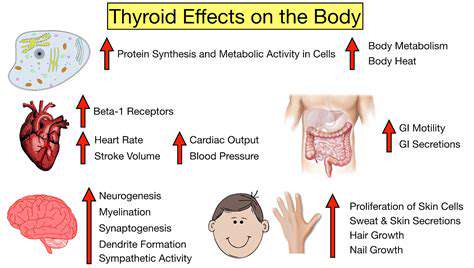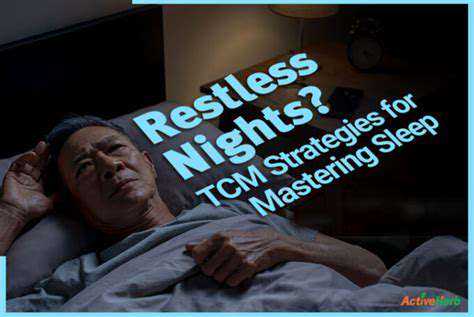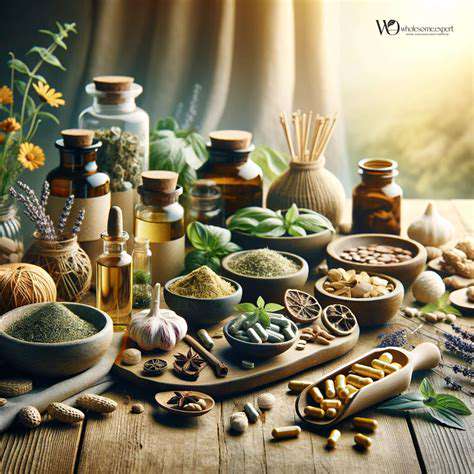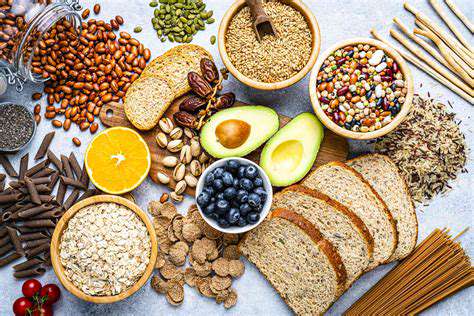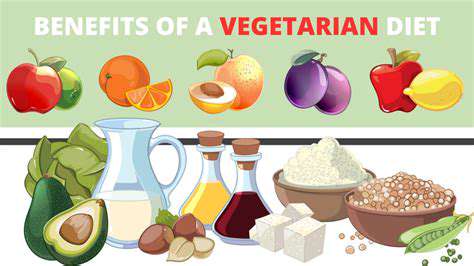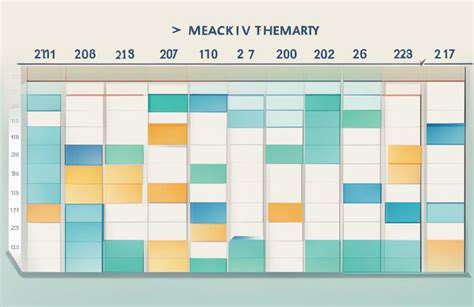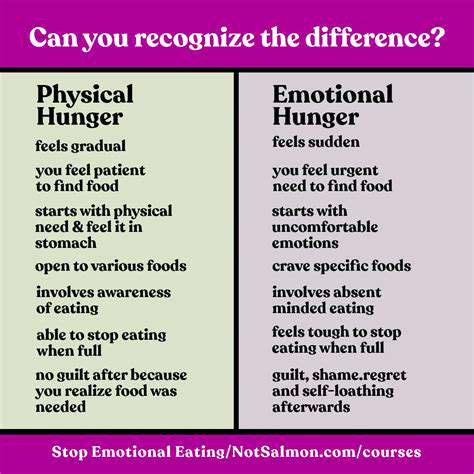Understanding Your Constitutional Type in TCM

Constitutional Types and Their Characteristics
Understanding the various constitutional types in Traditional Chinese Medicine (TCM) is crucial for tailoring treatment plans to individual needs. These types are based on patterns of imbalances in the body's energy, or Qi, and are not simply about physical characteristics. Each constitutional type presents unique predispositions to certain health conditions and responds differently to treatment approaches.
Identifying the specific constitutional type allows practitioners to develop personalized strategies to maintain balance and prevent illness. The foundational principles of TCM are crucial in assessing each individual's unique pattern and recognizing the interplay of various factors influencing their health.
The Yin-Deficient Type
Individuals with a Yin-Deficient constitution often exhibit symptoms such as dry mouth, dry eyes, and a tendency toward insomnia. They may experience a feeling of weakness and fatigue, and their complexion may be pale or sallow. This type frequently struggles with maintaining adequate energy levels throughout the day.
Maintaining a balanced diet and sufficient hydration is important for addressing the Yin-Deficient type. Supplementing with foods rich in Yin-nourishing properties, such as certain fruits and vegetables, can also be beneficial.
The Yang-Deficient Type
A Yang-Deficient constitution is characterized by a general feeling of coldness, both internally and externally. This can manifest as a predisposition to catching colds, a chilly sensation in the extremities, and a diminished sense of energy and vitality. People with this type often find it difficult to stay warm and may experience symptoms like a sluggish digestive system.
Maintaining a warm environment and incorporating practices that promote Yang energy, such as gentle exercise and warming herbal remedies, are often recommended. Focusing on dietary intake of warming foods can also be very helpful.
The Phlegm-Damp Type
This type is often characterized by a feeling of heaviness, lethargy, and a tendency toward excess mucus or phlegm. Individuals with a Phlegm-Damp constitution may experience bloating, digestive issues, and a sluggish metabolism. They may also have a tendency toward weight gain and a feeling of mental fogginess.
The Heat Type
Those with a Heat type constitution often experience symptoms like irritability, restlessness, and a tendency toward inflammation. They may also have a flushed complexion, experience excessive sweating, and find it difficult to cool down. A critical component of treatment focuses on cooling the body's internal environment. Diet and lifestyle adjustments play a significant role in managing the symptoms associated with the Heat type.
Collaborative robots, or cobots, are rapidly transforming logistics operations, particularly in warehousing environments. These adaptable machines, designed to work alongside human workers, are proving invaluable in automating repetitive tasks, increasing productivity, and improving overall warehouse efficiency. Cobots excel at tasks like picking, packing, and sorting items, freeing up human employees to focus on more complex and strategic roles, such as inventory management and customer service. This symbiotic relationship between humans and robots leads to a significant boost in throughput and reduces the risk of errors associated with manual processes.
Beyond the Basics: Integrating TCM Constitutional Types into Modern Healthcare

Understanding the Foundation
Traditional Chinese Medicine (TCM) offers a holistic approach to health and well-being, encompassing a deep understanding of the interconnectedness of mind, body, and spirit. It emphasizes the importance of maintaining balance within the body's energy system, known as Qi. This balance is crucial for preventing illness and promoting overall health. Furthermore, understanding the fundamental principles of TCM, such as the five elements and the meridians, can provide a valuable framework for interpreting the body's subtle signals.
TCM views the body as an intricate network of energy pathways called meridians. These meridians are believed to connect vital organs and influence the flow of Qi. Disruptions in this flow can lead to imbalances and various health concerns. By understanding these fundamental principles, individuals can begin to appreciate the depth and complexity of TCM and its potential benefits.
Applying TCM Principles in Everyday Life
Integrating TCM principles into daily routines can significantly impact overall health. Simple practices like mindful eating, regular exercise, and stress reduction techniques, like meditation, can promote the balance of Qi. Mindful awareness of one's dietary choices can also contribute to a healthier energy balance. A diet rich in whole foods and a mindful approach to eating are often emphasized in TCM practices.
Regular physical activity, whether gentle stretching or vigorous exercise, is often encouraged to promote healthy circulation and energy flow. This can help to improve physical and mental well-being. The focus on stress reduction through various techniques, including meditation and deep breathing exercises, is also a key component of maintaining balance.
Cultivating mindful practices like meditation, promoting relaxation, and reducing stress are crucial to maintaining a healthy and balanced energy flow. Adopting these techniques can significantly contribute to both physical and mental well-being.
Exploring TCM's Diverse Applications
Beyond its focus on preventative health, TCM offers a wide range of therapeutic approaches for treating various conditions. These include acupuncture, herbal medicine, and Qigong, each with its own unique mechanisms of action. Acupuncture, for example, involves inserting thin needles into specific points on the body to stimulate energy flow and alleviate pain or discomfort.
Herbal medicine, another significant component of TCM, utilizes a vast array of natural ingredients to restore balance and address specific health concerns. Qigong, a practice combining physical postures, breathing techniques, and meditation, is also frequently utilized to promote overall well-being and enhance energy flow throughout the body.
TCM's diverse applications encompass a wide range of health concerns, from musculoskeletal pain to digestive issues and even mental health concerns. The approach's focus on holistic well-being emphasizes the intricate connection between mind, body, and spirit.
Integrating TCM principles can be a powerful tool for promoting overall health and well-being. It is crucial to consult with qualified practitioners to ensure safe and effective integration into one's health regimen.
